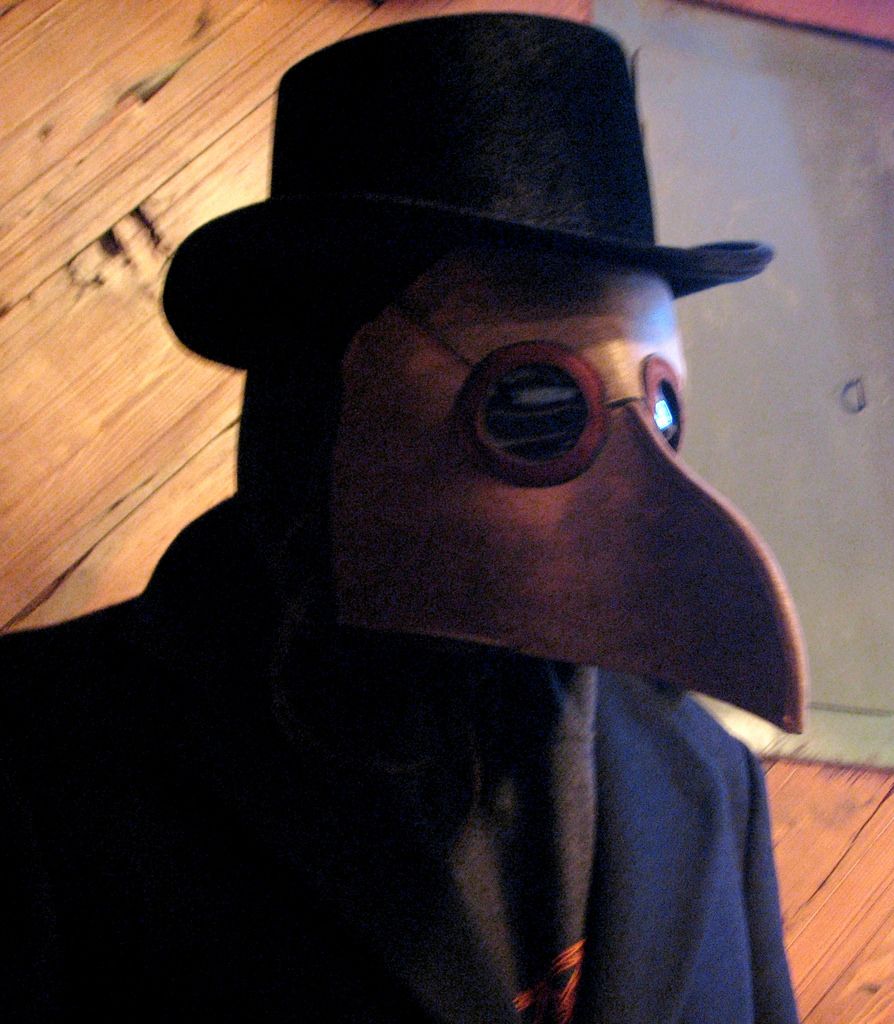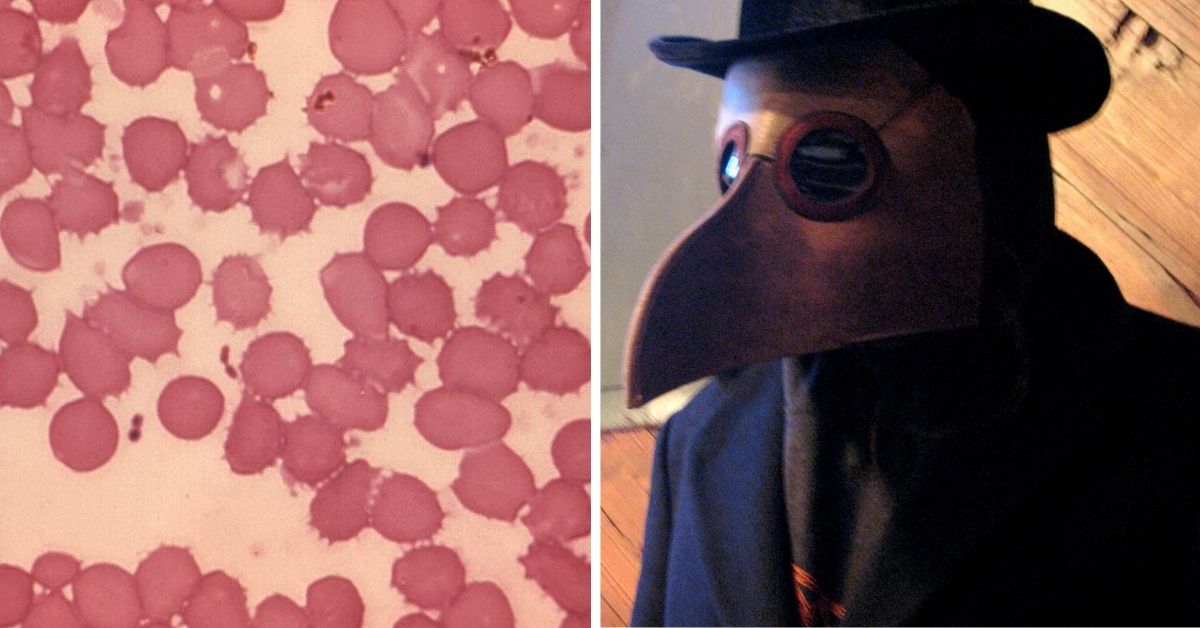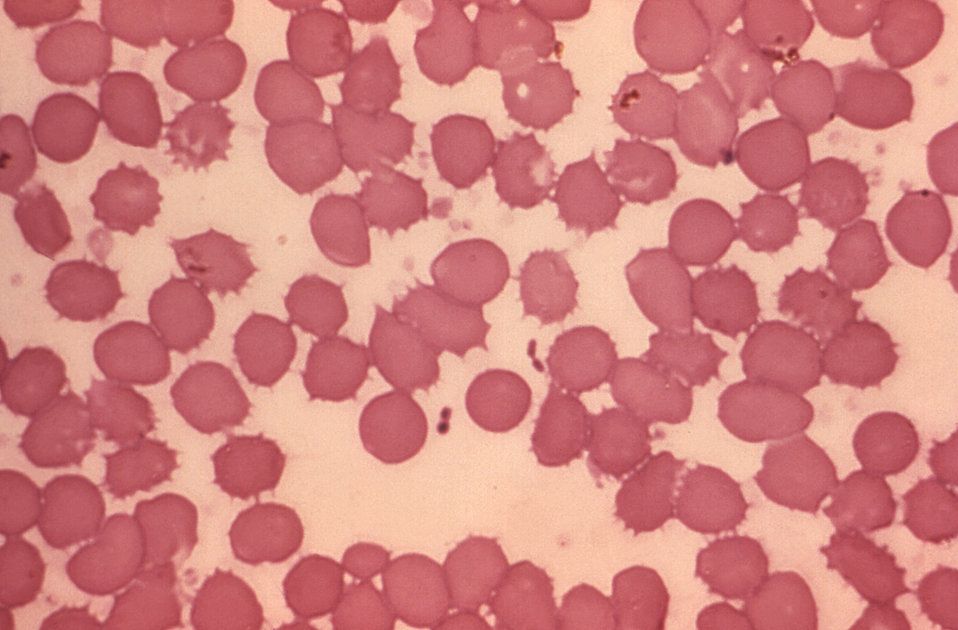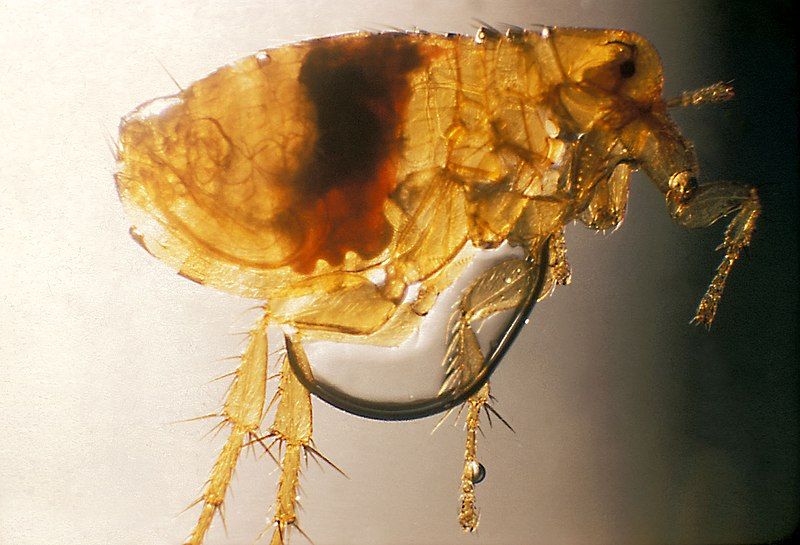The world is currently in a scary state, and I'm not referring to politics or war.
Recently, there's been a slew of forgotten diseases from the past that are making their return, including scarlet fever, polio and the plague.
In June, Idaho's Central District Health Department revealed that a child in Elmore County has been infected with the plague, making him the first human to be diagnosed with the deadly disease in Idaho since 1992.
Also known as "Black Death," the disease claimed the lives of over 200 million people in Eurasia and Europe from the 1300s through the 1400s.

Many people believed that the plague was totally eradicated, but it turns out, every year, cases of the plague, which affects the lymph nodes and causes gangrene, claim hundreds of lives around the world.
Nowadays, the rate of fatalities are much lower, totaling at approximately 584 between 2010 and 2015, according to the World Health Organization (WHO).
While this number shouldn't be a cause for concern, we should be prepared for it to increase, according to one expert.
Peter Frankopan, director of the Oxford Centre for Byzantine Research, is warning people about a potential Black Death pandemic.
"These are the things we should be hugely worried about."
The global history professor believes that the rising temperatures (due to global warming, of course) will melt the ice caps, causing dangerous pathogens responsible for diseases like the plague to be released into the world again.
Frankopan's message comes on the heels of a United Nations-backed report that revealed we only have 12 years to halt climate change and prevent a large-scale catastrophe from taking place.
The study stated that there should be no more than 1.5 degrees of change in global temperatures if we want to avoid disasters, but Frankopan isn't convinced nations will be able to keep temperatures low.
He explained:
"If we go over that degree change, it's not about the Maldives being harder to visit on holiday or migration of people "” it's about what happens when permafrost unfreezes and the release of biological agents that have been buried for millennia, in fact tens of thousands of years.For example, in the 1340s, a 1.5 degree movement of heating of the earth's atmosphere "” probably because of solar flares or volcanic activity "” changes the cycle of Yersinia pestis bacterium. That one and a half degree difference allowed a small microbe to develop into the Black Death.
These are the things we should be hugely worried about."
How to identify the plague
In the United States, outbreaks tend to happen during cool summers that follow wet winters, and is usually spread by infected fleas and rodents, according to the Centers for Disease Control and Prevention (CDC).
Most cases occur in northern Mexico, northern Arizona, southern Colorado, California, Oregon and far western Nevada.
The plague, which first arrived in America in the 1900s, affects people of all ages, but half the reported infections have been in people between the ages of 12 and 45 years old.
Symptoms of the plague appear within two to six days after exposure, and include sudden onset of fever, headaches, chills, and fatigue. Some people may experience pain in their lymph nodes under the armpit.
How to protect yourself
The bacteria spreads very quickly, so immediate treatment is necessary. A laboratory test will be required for it to be properly diagnosed because the plague is hard to identify during its early stages.
It is usually treated with antibiotics, but there's still a 30-60% fatality rate if left untreated for too long.
Here are a few recommendations from U.S. health officials:
- Visit your doctor if you're experiencing sudden and high fever.
- If you have pets, keep them away from hunting rodents. If your pet becomes sick after coming into contact with a rodent, pay the veterinarian a visit right away. Don't hesitate to ask for flea control products.
- Don't leave pet food or water bowls in areas were other animals can access them.
- Mow the lawn regularly, keep wood piles nearly stacked, and get rid of weeds.
- Place compost and leaf piles as far away from your home as possible.




